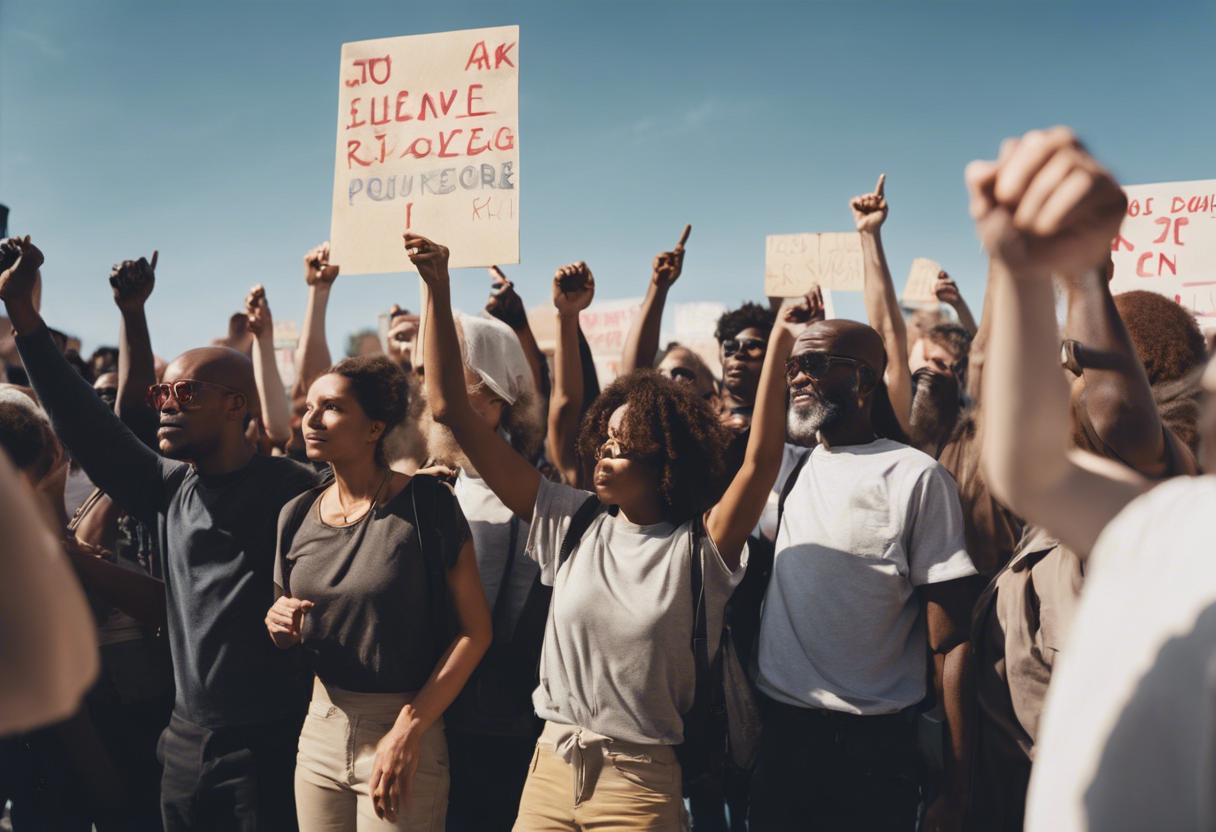Sammi Deen Baloch’s life was drastically altered on 28th June 2009, when her father, Dr Deen Muhammad Baloch was apprehended by “state intelligence organisations” during his job in a hospital situated in Balochistan, in the southwestern part of Pakistan. Sammi was merely 10 at the time. Ever since, she hasn’t laid eyes on him, claiming that he was seized and disappeared by force.
In current times, she stands as a leading figure in a crusade for human rights in Balochistan, a region known for its high volatility, globally. Balochistan has undergone turbulence for many years owing to ethnic, political and economic strife. Rising demands for increased independence or autonomy are the main driving factors for insurgency groups, which have remained active since the late 1940s, not long after the forced integration of the region into Pakistan in 1948.
The conflict is also rooted in disgruntlements over economic displacement, especially in relation to Balochistan’s natural resources. The locals argue that the resources have been exploited by the central government with nominal benefit trickling down to them. Long-term issues such as political underrepresentation and ethnic bias persist as well.
The scenario has often been aggravated by military offensives conducted by the Pakistani government. On a recent Friday, a group of armed insurgent assailants attacked a private coal mine collection, resulting in the death of at least 21 miners. According to the provincial governor, Jafar Khan Mandokhel, such attacks, often targeting migrant laborers, have surged in the recent past. He addressed a press meet, criticising the separatist militant groups, stating, “you talk about independence and rights and yet, you murder defenceless workers,” Assuring that they would strongly condemn and combat such actions.
However, the government’s counter-insurgent measures have led to allegations of enforced disappearances and extrajudicial murders being carried out by the security forces, a claim the government refuses to accept.
Sammi’s father, a political personality who frequently criticised human rights breaches, is believed to have been subjected to the state’s pattern of enforced disappearances where academics, activists, and political personalities are seized without legal justification.
According to the Pakistan Commission of Inquiry on Enforced Disappearances, at least 10,078 enforced disappearances have been registered since 2011. Out of these, 3,485 occurred in the Khyber Pakhtunkhwa province and 2,752 in Balochistan. However, data from human rights entities and families suggest these numbers to be understated.
Sammi initially started advocating for her father’s freedom, but her cause broadened to encompass the wider rights of the Baloch people. Events took a dramatic turn and before she knew it, she was taking part in street protests and seeking justice passionately. She realised her family was part of a much larger issue, as numerous families were dealing with similar heartache.
Sammi comments on the turbulent situation in her region. Extrajudicial killings, forced disappearances, and relentless military actions are terrifying commonalities. She notes the alarming absence of free speech and a politically oppressive climate.
The widespread violence instills fear and uncertainty among the everyday people, according to Sammi. She criticises the state’s negligence in addressing the prevalent human rights violations, stating that this just serves to intensify the disruptions.
She portrays the extreme emotional distress faced by families due to these forced disappearances, as they remain in limbo, not knowing whether their absent family members are dead or alive.
Investigation commissions set up to look into the disappearances have turned out to be empty promises, she reports. Over the years, the involvement of women in both militant and pacifist resistance movements has come under the spotlight. On one hand, she expresses concerns over the Baloch Liberation Army’s escalating inclusion of women in their rebellious activities. On the other hand, she takes solace in the increasing participation of women in peaceful resistance initiatives, even under such devastating conditions.
Sammi is an active participant in the Baloch Unity Committee (BYC), a civilian organisation. She highlights the distinction of BYC, as it tackles the issues faced by common Baloch citizens.
In spite of her belief in peaceful activism, Sammi points out the numerous hurdles she and others have had to overcome, including state-inflicted violence, harassments, incarcerations, and smear campaigns. Nevertheless, she vows to continue her nonviolent resistance.
Sammi’s recent attempt to travel to Oman was thwarted when she was suddenly placed on an Exit Control List by Pakistani authorities, offering no detailed explanation for such travel constraints.
Earlier this year, her endeavors were recognized on her trip to Dublin, when she was lauded by Front Line Defenders, an international organisation that offers assistance to those who put their lives on the line to uphold human rights.
Sammi believes that the resolution to the ongoing conflict is tied to recognising the decades-long infringements of human rights in Balochistan. The state should treat these occurrences with gravity, lend an ear to political figures as well as the civil rights movements active in Balochistan, she suggests.
The future of Baloch’s population remains questionable, unless the state exhibits dedicated interest in addressing the problems, she mentions. Undeterred by life-threatening risks and perpetual ambiguity, she stands firm in her resolve. “Until our dying breath, we will continue to voice our opposition against the state’s tyranny,” she asserts. Additional insights were provided by Reuters.

